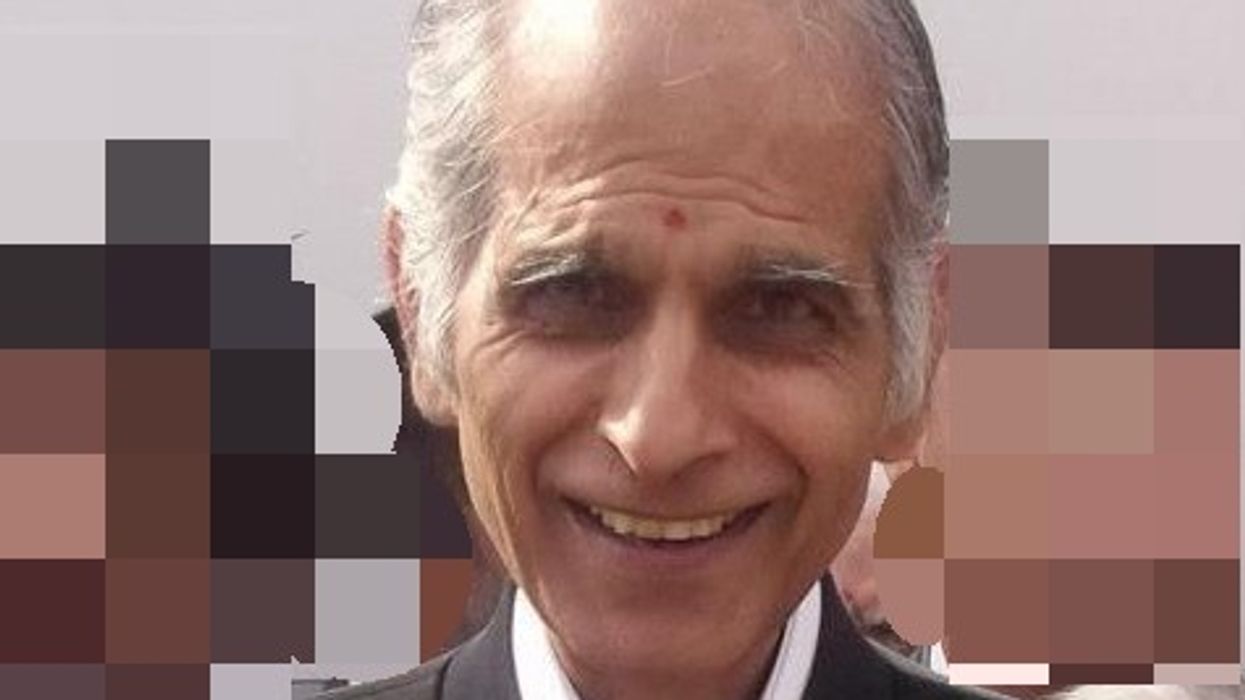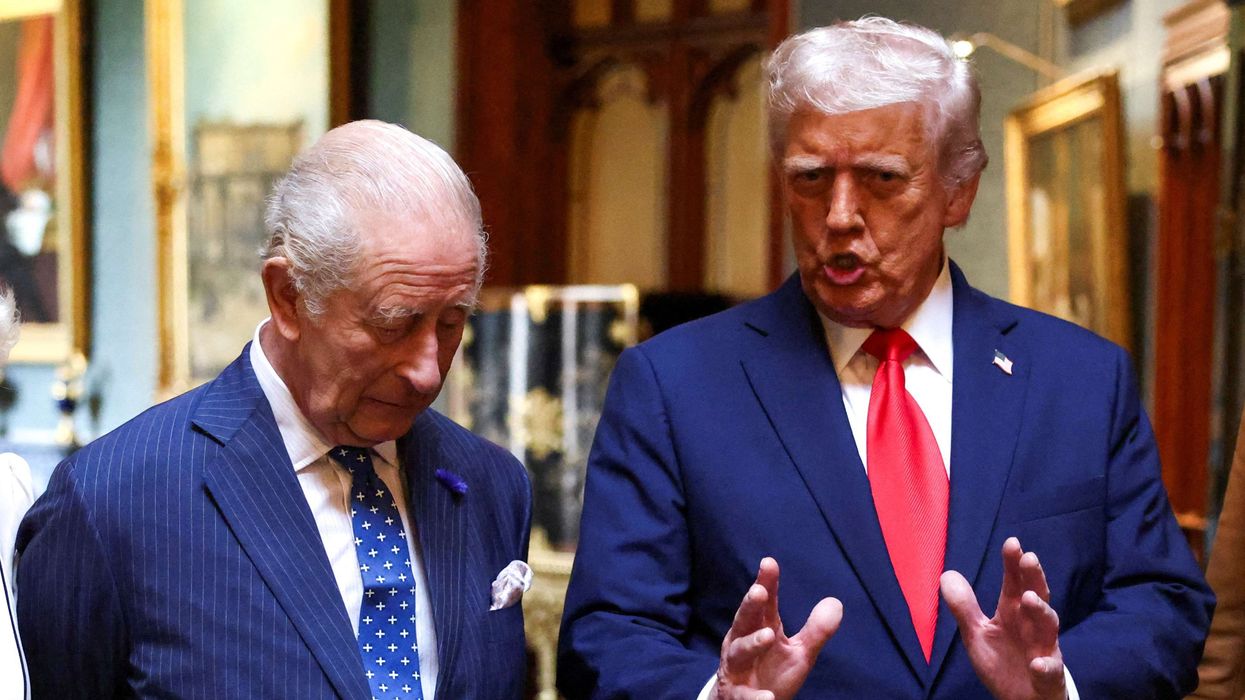FOR British Asians, perhaps the grimmest story of the week has not been the saga from the White House, but something closer to home.
A boy and a girl, aged 14 and 12 respectively, are accused of killing an 80-yearold Asian man in Leicester. Bhim Kohli died in hospital a day after the attack on September 1 last year.
The boy, who is now 15, “racially abused” Kohli before attacking him, the court heard. He is accused of murder and manslaughter. The girl, who has turned 13, is accused of manslaughter. She allegedly “encouraged the violence and filmed it on her phone while laughing”.
These are children, who cannot be named because of their age. The trial is expected to last six to eight weeks.
Kohli was only yards from his home, taking his dog for a walk in a nearby park.
The cause of death was given as a neck injury, causing spinal cord damage. Kohli had a number of other injuries, including fractured ribs.
Prosecutor Harpreet Sandhu KC said, “Mr Kohli had the misfortune to encounter these two defendants”.
He added: “The prosecution says that as a result of causing those injuries, (the boy) is guilty of murdering Bhim Kohli and (the girl), who encouraged the causing of those injuries. is guilty of manslaughter…. He had put his balaclava on in preparation for the violence he was going to use against Mr Kohli.”
The victim, when found by two of his children, was “on the ground and in obvious pain”. He said he had been “punched in the face, kicked, and racially abused”.
The question for politicians who have turned the debate on migration into an attack on immigrants and “alien cultures” is this: how did these children acquire so much hate? This could happen to any vulnerable Asian in the country.




